On March 12th, 2020, the organizer for my board game group in Chicago put out a broadcast in our #game-night channel on Slack.
“Hey guys, I think we should suspend these [game nights] through April. I can’t imagine people will want to go to a public place like a bar to play games anyway.”
It made sense. People were beginning to get scared – really frightened – about the idea of spending time with others in person. At that point in mid-March, no one knew anything about the changes our day-to-day lives would soon experience.
But seeing the message brought it home. My main gaming lifeline, one of my major social outlets, was done for at least a month.
And as we all know now, April turned into summer, which turned into fall; for some, last March changed lives forever, and I still have a few friends who have stayed away from gaming groups for the long haul.
Late last summer, I began to identify others who were willing to play games in person; I got back onto Facebook (Facebook, for crying out loud!!) and found a group willing to mask up and play games in person a couple of times a week. I was fortunate, and I know it; as much as I love spending time with my wife and two kids, I absolutely needed something else to do, to just have the space mentally to connect on a level that was elevated from the dramatic depths of an episode of Paw Patrol.
Gaming. I needed it, and I was able to get it on occasion. I have only ever played games in person—40 years of gaming experience!—because I use gaming as a chance to get away from screens. Work during the pandemic has really hammered that home; I work in consulting and I already stare at a computer for 8-10 hours a day. Some days, I just can’t look at a screen any more, and I get that is why some people won’t even read this piece because they consider the hobby of board games absolute: IRL (“in real life”), or bust.
I think we would all agree: if the choice comes down to rolling real dice, or hitting the “roll dice” button in an application, we would all love to put dice in our hands and roll them on a real table with good friends. The haptic feedback that comes from stacking and restacking (and restacking!) Iron Clays? Love it. Shuffling cards, sorting meeples, snapping together silicone bits trays and filling them with stone, wood, and gold resources from the box? Love it all.
But the pandemic changed that. Sometimes, it just isn’t possible to get real people together in person to play games right now…and let’s just agree that the Delta variant hasn’t made life easier. My initial exploration of online gaming with friends (outside of the fantastic game translations available for my iPad) was interesting. Tabletopia, Yucata, Tabletop Simulator — they all give players the chance to gather virtually and play games, so I tried all of them.
In the case of Tabletopia and Tabletop Simulator, this required a bit of a stretch: you, the players, have to do almost all of the work.
You have to know the rules. Not a big deal; you could just read the rulebook. But there’s no one available to help you enforce the rules if there are questions, and there is no bot helping to ensure you stay within the lines. You have to keep score. There are lots and lots of interfaces required—zooming in and out to see the board the right way, dragging and dropping pieces in the right places to communicate what you would like to do, and sometimes shuffling cards or placing new resources on spaces can be a chore for newer players.
In the case of Tabletopia, the service has almost 2,000 games available. While that is helpful, most of the games you will want to play require a paid subscription; Gold is the best subscription option, mainly because this gives you a chance to invite non-subscriber guests.
On Tabletopia, this will run you $10/month, or $120 a year. For developers, these tools are great and give players incredible chances to get a taste of what a game might play like on a real table. But for players, my impression from speaking to about 20 users prior to writing this article is that this experience is a mixed bag.
After those experiences, I did some digging into Board Game Arena. And as you have guessed by reading the title of this article, I was smitten from the jump.
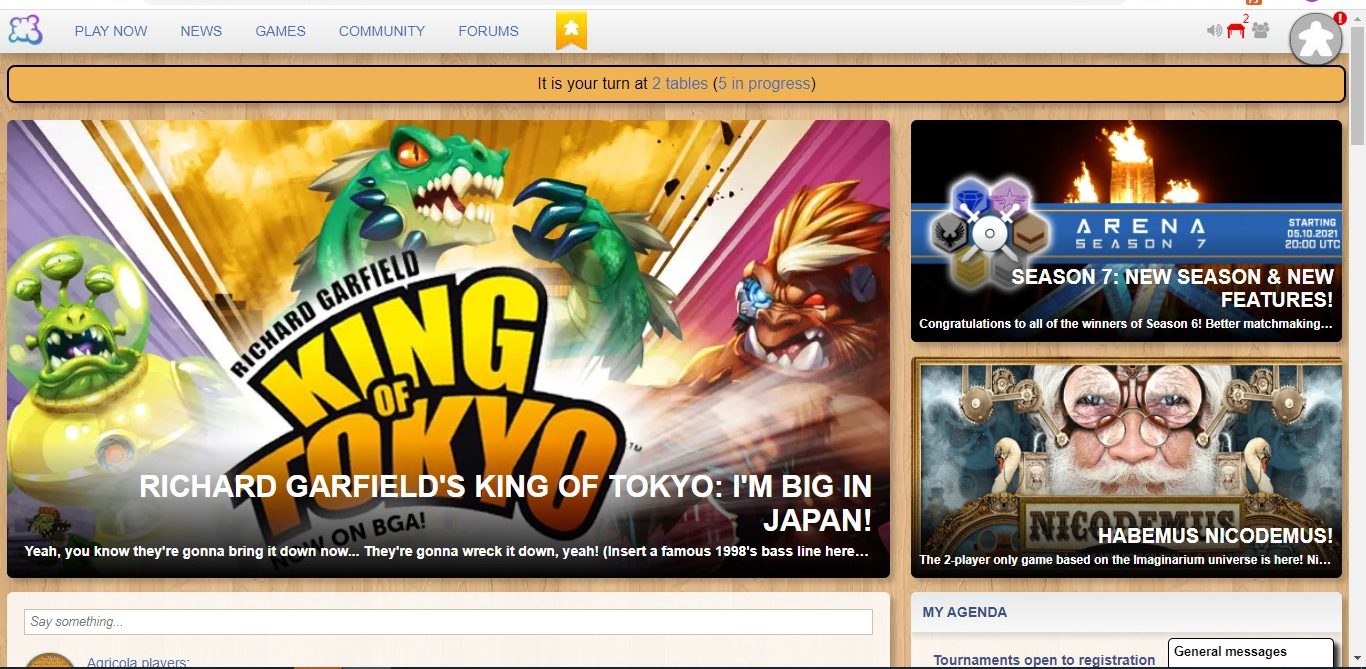
Barriers to Entry: Zero (mostly)
After a long day at work, my wife loves to watch romantic comedies. “After we put the kids to bed, it’s great to just have a glass of wine and turn my brain off.” I get it—often, after a long day, I like to turn on one of my video game systems and play a game I already know well, something like Apex Legends or another first-person shooter, and turn my brain off to have some senseless fun for a couple of hours.
So, when it comes to gaming, Board Game Arena (BGA) makes it so easy, you can almost turn your brain off, at least in terms of the interface.
After creating an account, you can go to the site’s “Games” section and run a filter on exactly what you are feeling at any given time. Or, just browse all of the games to pick something you like. If, like me, you are based in North America and log onto the site during the morning or early afternoon, there are always thousands of players (many of whom are in Europe) online who are more than happy to play games with strangers.
For me, I like to log on with friends to play a specific game, and doing that really couldn’t be easier. After navigating to the “Play Now” section, you can invite friends, create a game, set up that game’s parameters (Training mode or Ranked play, frequency of turns, speed of play, adding expansion content, etc.) and jump right in.
(A note about platforms: you can play BGA games on your computer, but the interface is just as strong on tablets and on most mobile phones, certainly any smartphone released in the last five years. I regularly take turns on my phone if I’m on the road and don’t have access to a computer; it’s amazing that this does not affect the experience!)
Once you are in a game, BGA really begins to shine.
The interface is bare bones but all you need is right in front of you: a summary in the upper-right-hand corner of all the vital stats for the game at hand, plus a full layout of the game board. The best thing about this layout: I can hover my cursor over any part of the board or the cards in my virtual hand and get a full breakdown of what the text says and what it means in that game’s terminology.
This even includes text on the game board, without having to zoom in. Sometimes, it’s hard to read all of that text in a game like Beyond the Sun, so it’s amazing to have this functionality a part of the core experience.
Not only is there a link to the rulebook at the bottom of any active game session page, but I just need to have a mouse to know what each card’s iconography means or how it pertains to gameplay. When I’m new to a game, this is huge; I basically learned to play Troyes by hovering my cursor over each new card that entered play to determine what was going on!!
The sound effects which highlight when it is your turn, the click actions to highlight pieces to move around a board or place a meeple into a proper location, the feed which lets me go back and see what other players have done on their turn…it’s all so intuitive, and I’m amazed how quickly everyone picks up playing games on BGA as a first-time user.
And that’s just on my PC. If I know a game well, I love taking turns on my iPad or phone, in between other activities. E-mail reminders come in when it is your turn so you can quickly knock out a turn if you are playing asynchronously and need to keep things moving for opponents.
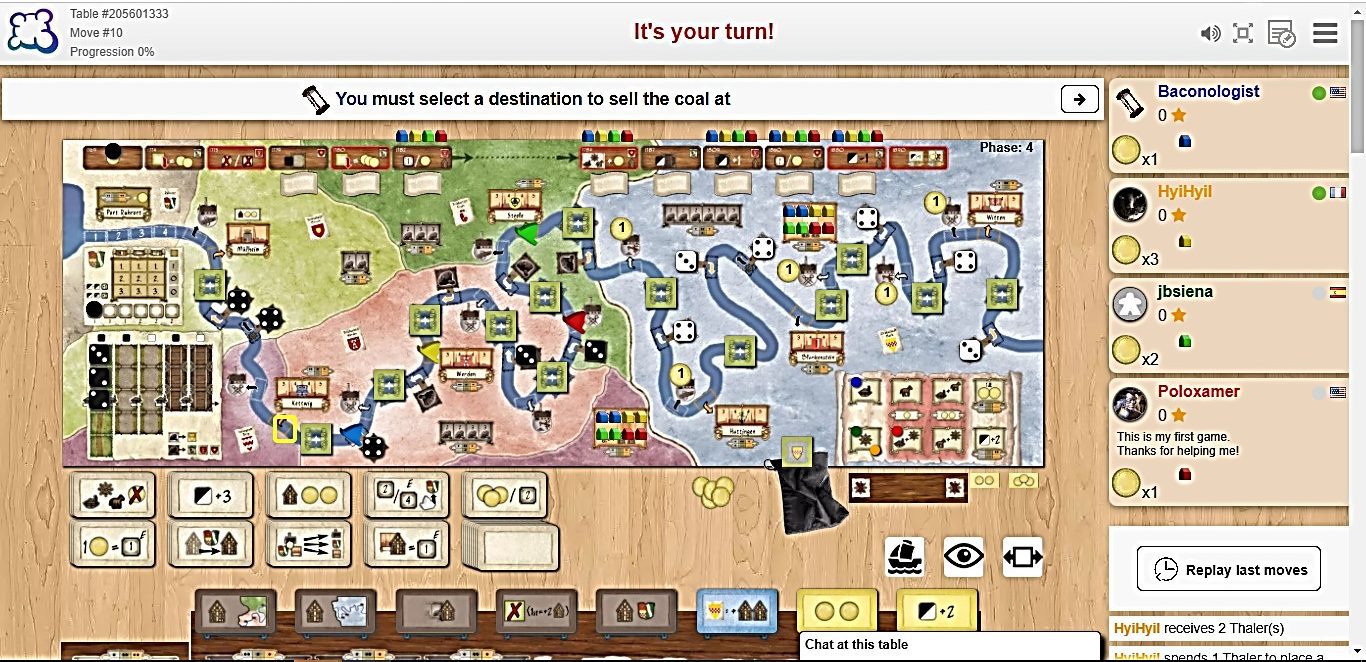
You Mentioned Subscriptions?
Board Game Arena has a Premium membership tier; for just $2 a month, you get access to a few benefits that create an even stronger reason to sign on:
- You can create gaming sessions with any game available on BGA. The games on the Premium list are some of the most popular in the industry: Carcassonne, Splendor, Terra Mystica, Res Arcana, and dozens of others. Sure, you can always join another Premium member’s games, but if you want to kick off a private session with non-subscriber buddies, Premium is your best option.
- Hotseat mode. You can pass-and-play with many of your iPad apps, but not so with BGA unless you are Premium.
- Integrated voice chat. For game night with a few friends, this eliminates the need to host a Zoom call in parallel, or a Facebook Messenger call where everyone has to be logged onto a conference call separately. It’s all in the game with Premium! (Note: this voice chat option is OK, but it’s not world-class. But at least it is built in!)
- Stat tracking, with personal history of your and every other gamer’s stats for you to mine. I don’t even take advantage of this, but many of my friends go back and study moves of other players; nerd out to your heart’s content on this one!
The big reason why I subscribed to Premium back in April? To thank the BGA community of designers, admins and players. For less than the cost of another freakin’ Kickstarter campaign, I get access to a plethora of games and the site is always running smoothly. This was a no-brainer, and I hope you’ll support the site too if you visit the site regularly.
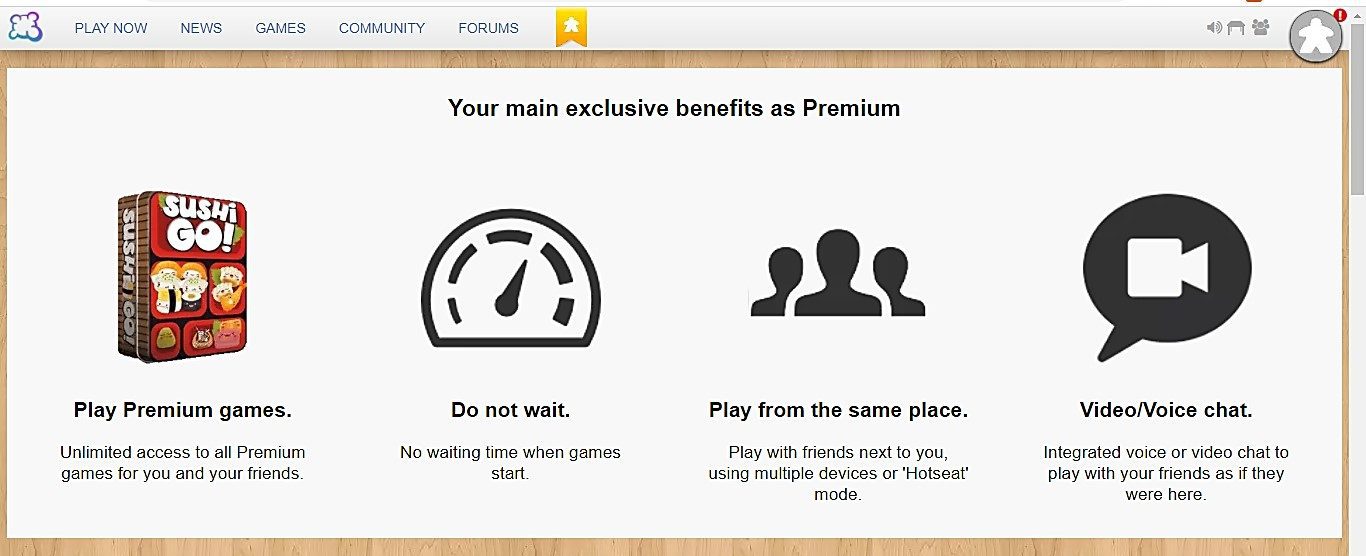
Playing Games the BGA Way
For some games on BGA, here’s what has really opened my eyes: being able to see not only the whole board but all of the public information of other players is much, much easier in BGA than in real life.
I’ll give you some examples:
In City of the Big Shoulders—which I admittedly still prefer to play in person, because, well, poker chips!—being able to see which resources all other players need to run their factories requires you to sometimes stand up and look at every other player’s company boards. Not in BGA! I just have to scroll down the page to see what other players need.
Asynchronous play in Beyond the Sun has allowed me to take turns but then take notes using the Notes function in the upper-right-hand corner. In this way, when I have a thought on plans I want to take to prep my next 4-5 turns, I can keep all of that information in one place. Then, when I get a note in my Gmail account that it is my turn, I can rush over and take my turn by simply clicking a link in the e-mail.
I used to always miss a couple of scoring items in Troyes Dice; with BGA taking over on the rules front, playtime is more accurate, setup and takedown is eliminated, and playing a solitary game experience like Troyes Dice takes just 5-7 minutes instead of 15-20. During a work break, this is huge when it comes to getting a quick game in to stay alert between all of my conference calls each day.
Marco Polo II: In the Service of the Khan has a variant, The Caravans Expansion, that I don’t like to include. Some other players in my city group prefer that, though. With BGA, I can find players who prefer to keep that variant out of a game by simply choosing to exclude it during game setup. But, when I play with the city group, we can throw that in.
Sometimes, I like to play a game like Madeira, but don’t want to play that in a ranked environment while I learn how to play. Finding players who are open to doing the training mode of this game allows for me to eliminate turn time limits, and to make plenty of mistakes as I learn the rules.
And for all of the games I just mentioned, another thing really takes the cake: BGA keeps score. Doing all of the math to see who has accumulated $5,532 (in the case of something heavy like City of the Big Shoulders) can take five minutes with four math-challenged players when the game is over. In BGA? The last player takes their turn, then it’s just over! The scoring summary gives me everything I need and I can spend time breaking down what happened later.
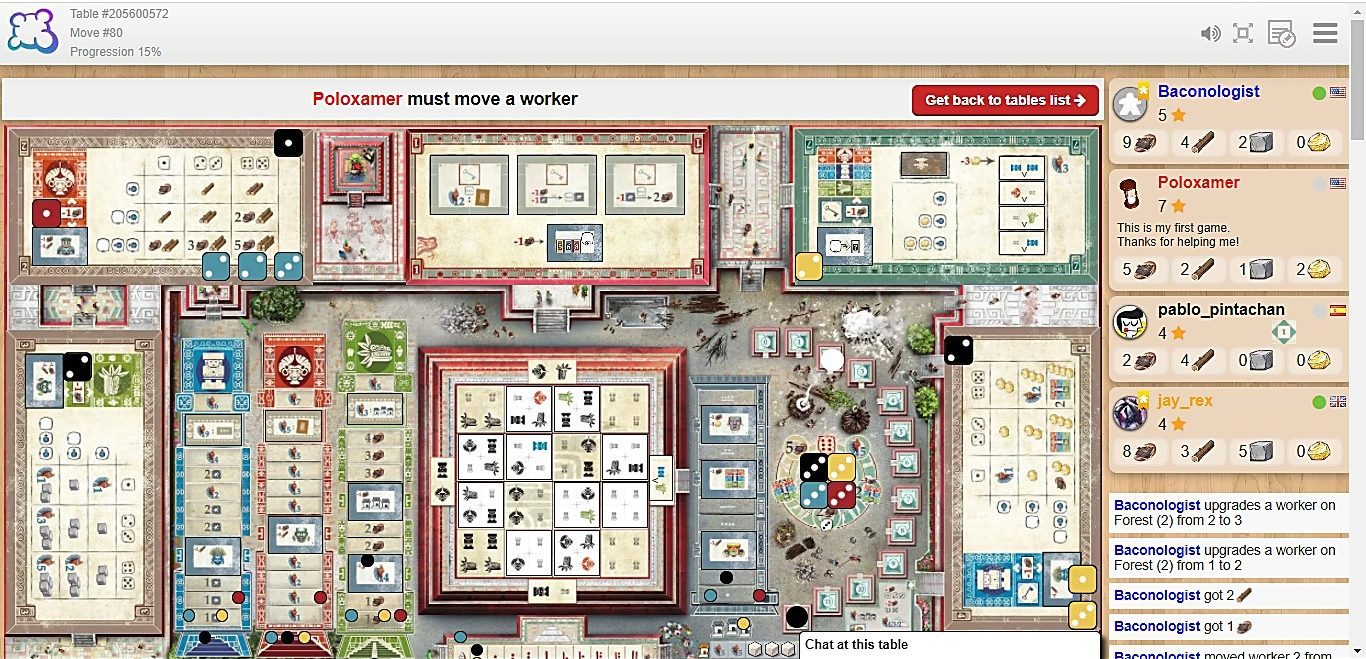
So Many Games, But 2021 Really Crushed It!
Here’s a list of all of the games that have hit the service this year (as of September 2021):
- Splendor (currently the #2 overall game on the service)
- Agricola (currently in beta)
- The Castles of Burgundy
- Beyond the Sun (my favorite game of 2021)
- Res Arcana
- Lost Ruins of Arnak (a friend of mine has already logged 65 games of this on BGA)
- Viticulture (#68 on this list)
- Nidavellir
- Railroad Ink
- Patchwork
- L.L.A.M.A.
I used to own many of these games, but struggled greatly to get them to the table. Roll for the Galaxy? I love it, but it’s not the shiny new thing it used to be, and many of my friends want to only play the games they recently got via Kickstarter.
Res Arcana? One of my favorite filler games to start off a night, but it was starting to grow stale with one of my groups. Now I can get a game of Res Arcana in virtually any time of day.
Splendor arrived this summer and immediately rose to become a top-2 game on BGA after arrival. I’m not a fan of Splendor, but the quick play time works well as an online experience, so I expect to play that a bit more often now.
City of the Big Shoulders is a really interesting one for me; it’s one of my favorite games ever, but I don’t own a copy and want one. Until the folks at Parallel produce more units, I will have to make due with the BGA version, and thankfully, it is a blast to play there.
A stunning number of these games are in the Board Game Geek (BGG) top 100 games ever rated; some of these are available to play for free on BGA. It’s amazing to find games that I love and people that are willing to play right now!
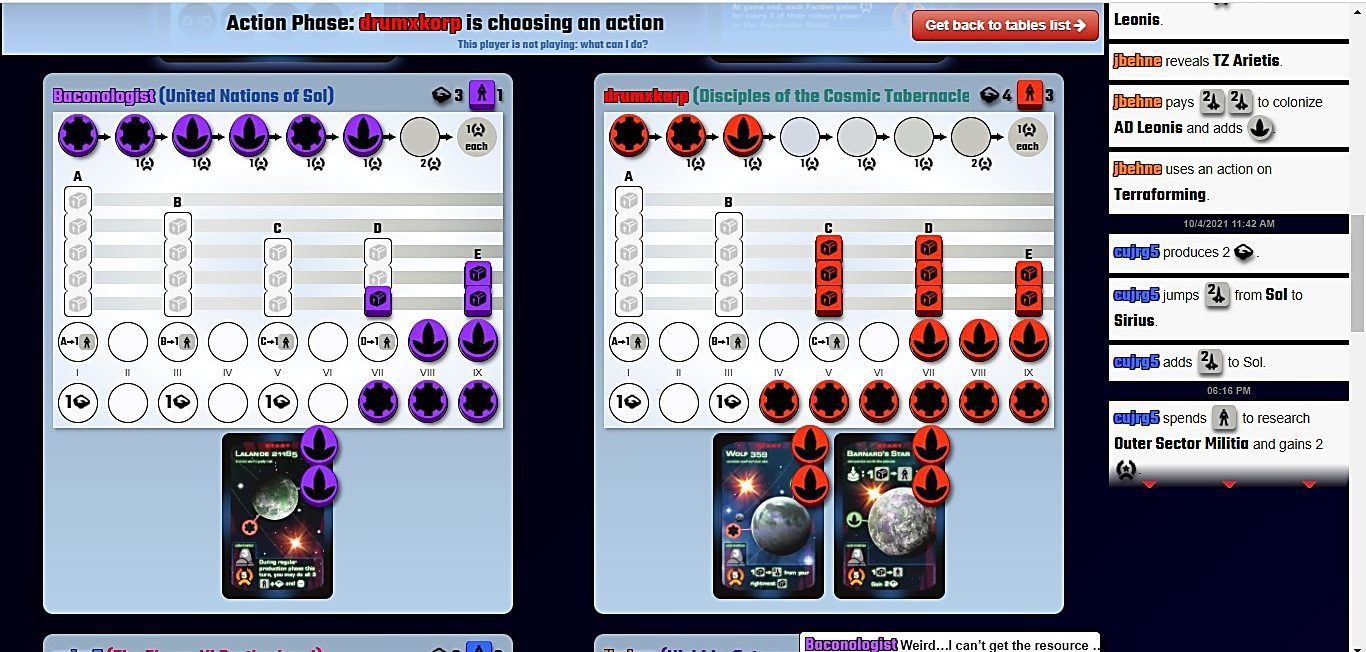
The Future: Carnegie?
A few months ago, the Kickstarter campaign launched for the upcoming strategy game Carnegie, by Quined Games. One thing about the campaign was particularly exciting: a digital version of the game was also launching on BGA for anyone to try out before committing to making a purchase.
Many, many other games have done this in Tabletop Simulator and/or Tabletopia; in fact, Carnegie also released a demo in Tabletop Simulator alongside the Kickstarter campaign. But Carnegie is the only game I’m aware of—certainly of this stature, since the campaign raised more than $500,000 USD—that released a demo on BGA.
I really believe this is the future. The cost of building a demo like this, according to sources including Sinister Fish Games, which has Villagers and Streets coming to BGA soon, is roughly $5,000 – $10,000 USD, depending on the design elements required to build the game on BGA’s platform. I look at this as a solid investment opportunity for developers to create goodwill in the community and use their BGA versions of games as a chance to market the potential to buyers on the fence.
Even better, following Carnegie on BGA allowed for players to track changes made to some of the rules; the game also has a solo component, so you could play dozens of games if you wanted to really get a feel for the turn mechanisms in an environment where an overseer (the interface) ensured you got the rules right while taking turns.
I’m frankly shocked that more publishers are not investing in this upfront; spending $100 or more on a game I’ve never played before is really getting tough to justify in a market where 5,000 or more games are released every year. How do you stand out? Put the prototype in the hands of the players to let them decide what fits best.
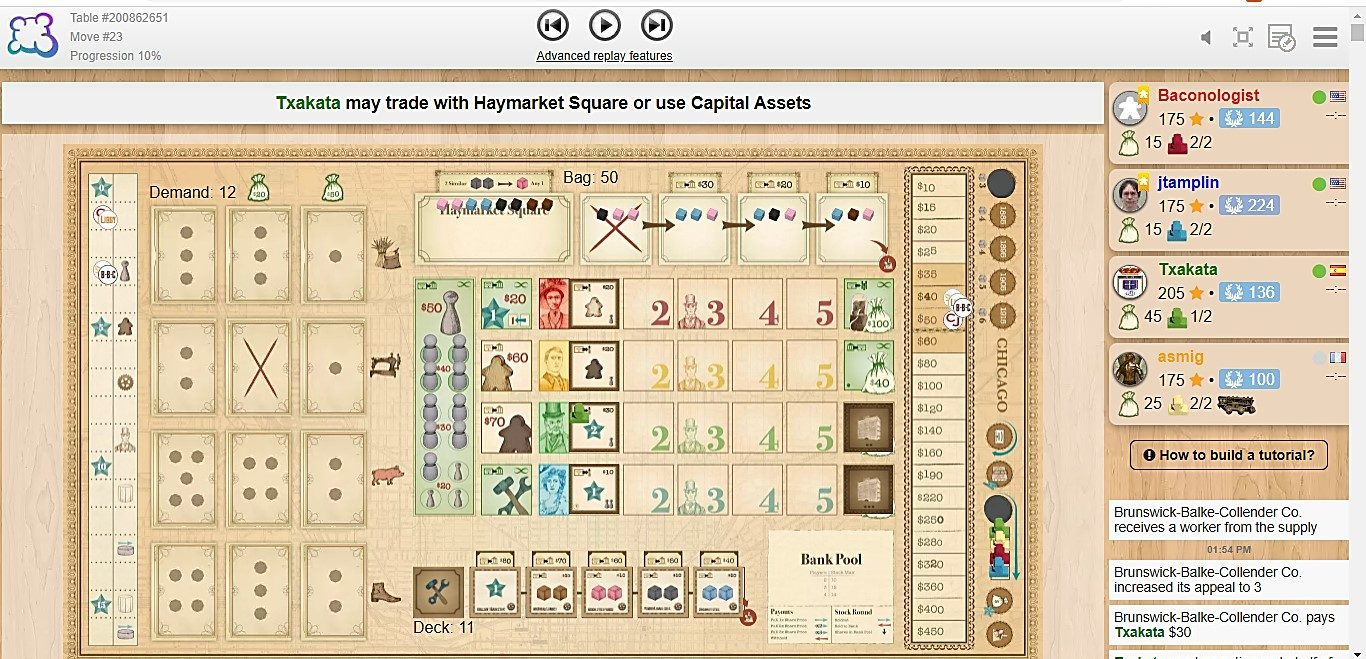
Bravo, Board Game Arena!
So let’s give credit where credit is due. BGA has absolutely crushed 2021. Spending $24 for a Premium membership is one of the best, if not THE best, investments I made this year in the hobby. Please throw some money their way; the site is an incredible option right now for those who are not able to game in person.
And, who knows what other games are coming soon? Here’s to hoping your investment continues to grow the BGA content library with more incredible experiences.


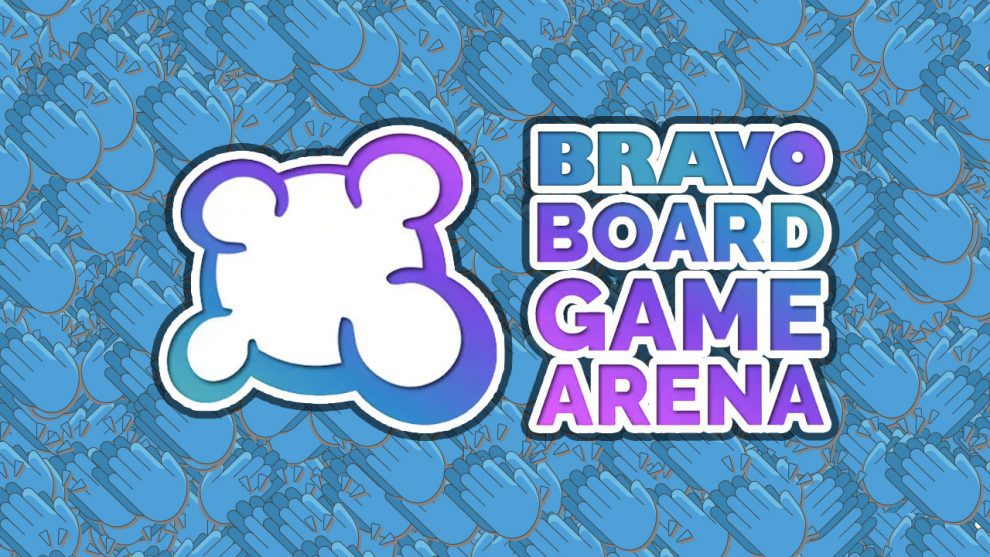

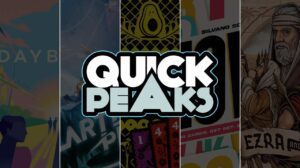






Add Comment